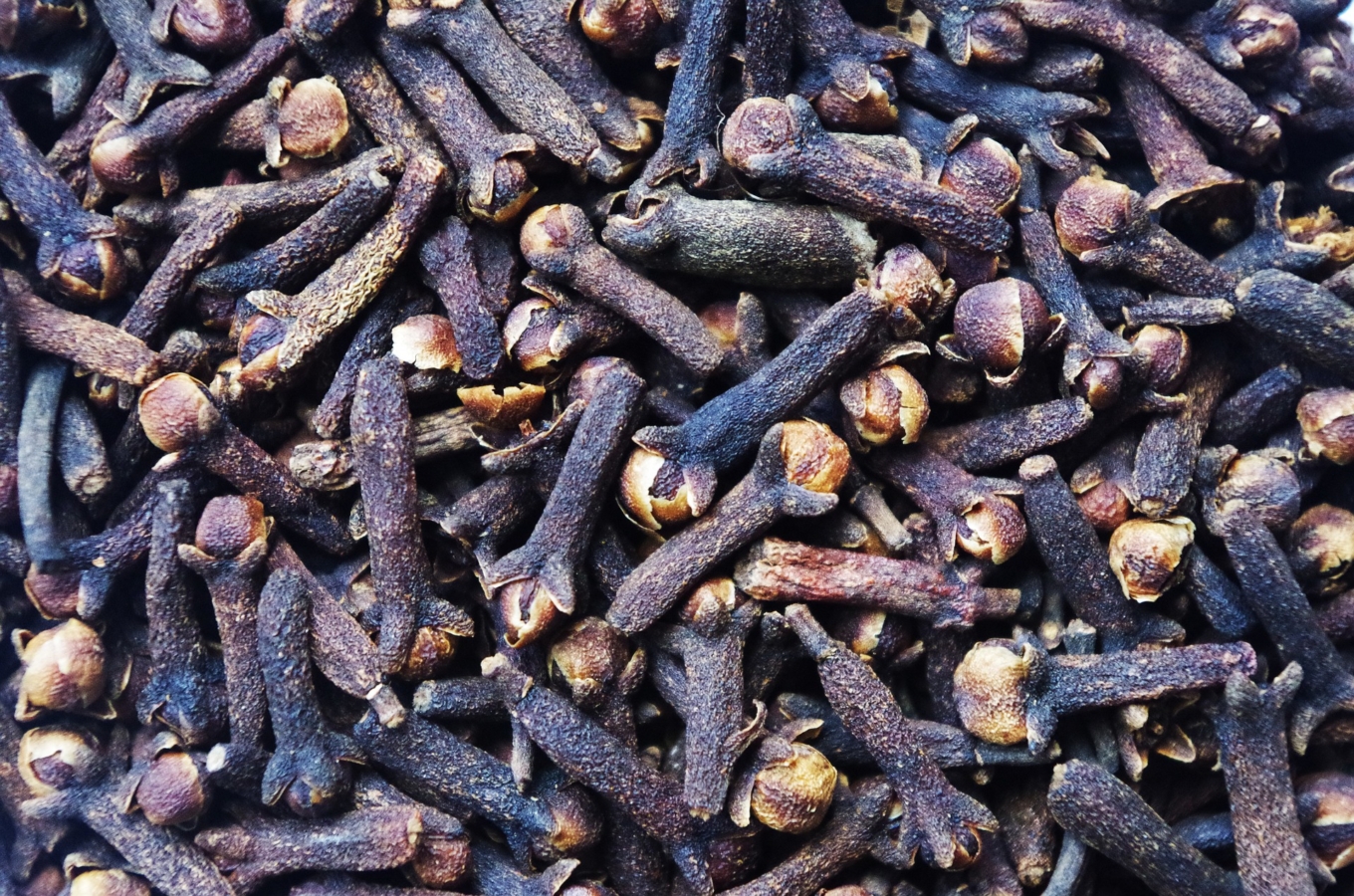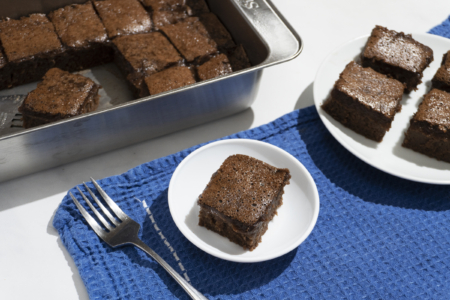Cloves are the spicy, sweet, and warming spice essential for baked goods. Read on to learn more about how to utilize this unique ingredient.
History of Cloves
Cloves are synonymous with Indian heritage but they were discovered and used hundreds of years ago in Indonesia. The Maluku islands in Indonesia are said to be where cloves originated. World’s oldest clove tree named Afo is situated on the Ternate island in Indonesia and is believed to be around 350 to 400 years old.
During the middle ages, Omani sailors used to trade cloves from India to the mainland and Africa. During the spice trade wars in the 17th and 18th centuries, the Dutch East India Company sought a complete monopoly on the clove trade.
It is believed that Frenchman, Pierre Poivre, stole clove seeds from Indonesia and brought them to Isle De France in Mauritius and to Zanzibar, thereby opening up the clove trade to the rest of the world.
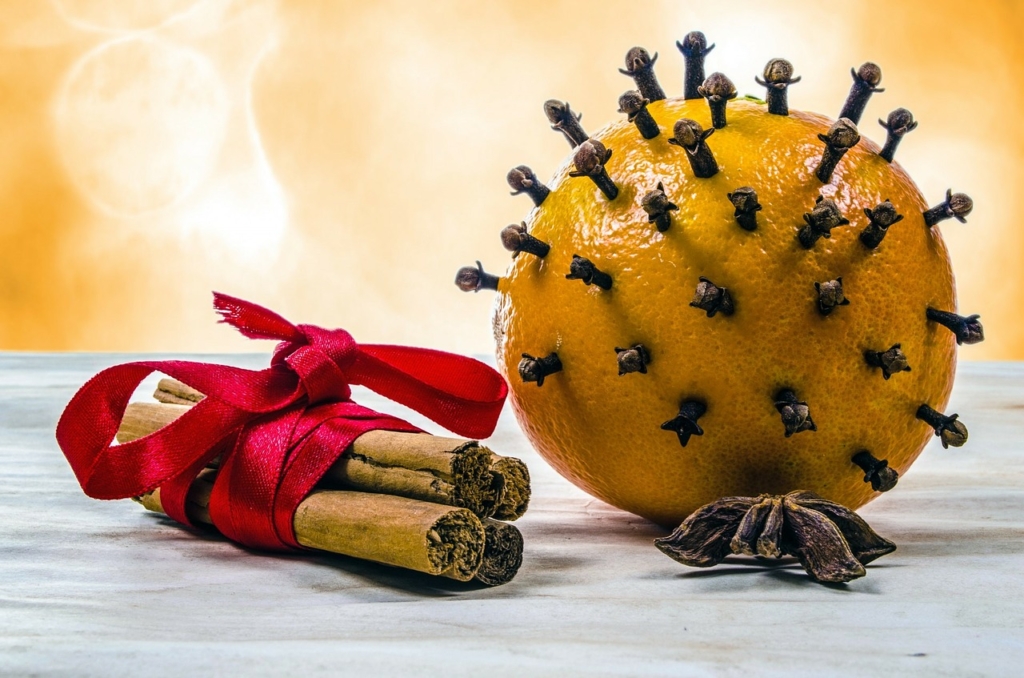
Flavor of Cloves
Without having tasted the flavor of cloves, it is hard to see why there would be so much fervor over them. Cloves have a subtle sweet taste. Underneath that sweet and spicy flavor is a stronger, more astringent flavor as well as a bit bitter taste to balance out the sweet flavor. Cloves generally have a very strong aroma and are one of the stronger flavored spices.
Eugenol is the reason why cloves have such a strong aroma, as 70-90% of the essential oil extracted from the cloves is Eugenol. Did you know that cloves can be used as a relief for a toothache? Eugenol has a numbing effect that can help alleviate tooth pain.
Health Benefits of Cloves
Cloves are really good for the digestive system as they help fight gastric irritability as well as nausea and dyspepsia. They have a soothing effect on the stomach. Cloves are good for diabetics as well, their consumption helps improve insulin sensitivity and insulin’s effective functioning.
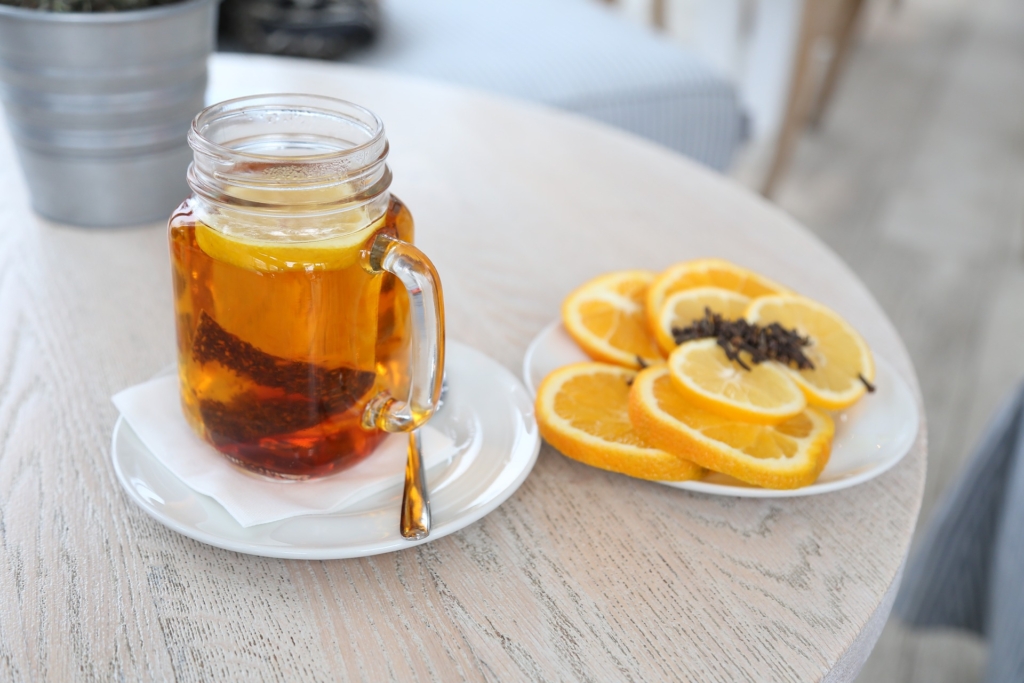
Cloves are also high in antioxidants, so they help improve immunity and help resist diseases that stem from blood cells. Some studies also suggest that the Eugenol in the cloves helps fight and control lung, ovary, and breast cancer.
Cloves are a natural sore throat healer. They are even great for a toothache. As per the American Dental Association, cloves are a certified dental anesthetic due to their germicidal properties.
Culinary Benefits of Cloves
Considering cloves are one of the most loved and used spices in India, let’s start with the culinary uses of this spice in India. Cloves have been added to world-famous Biryani for ages, they are put in it to enhance the smell and taste. Cloves are also added in numerous curries, stews as well as in tea!
Cloves have been used in the mixture of spices to marinate chicken and meat in the Mughlai food items. Not only Mughlai food items, but cloves are also part of the traditional garam masala which are used in both veg and non-veg dishes.
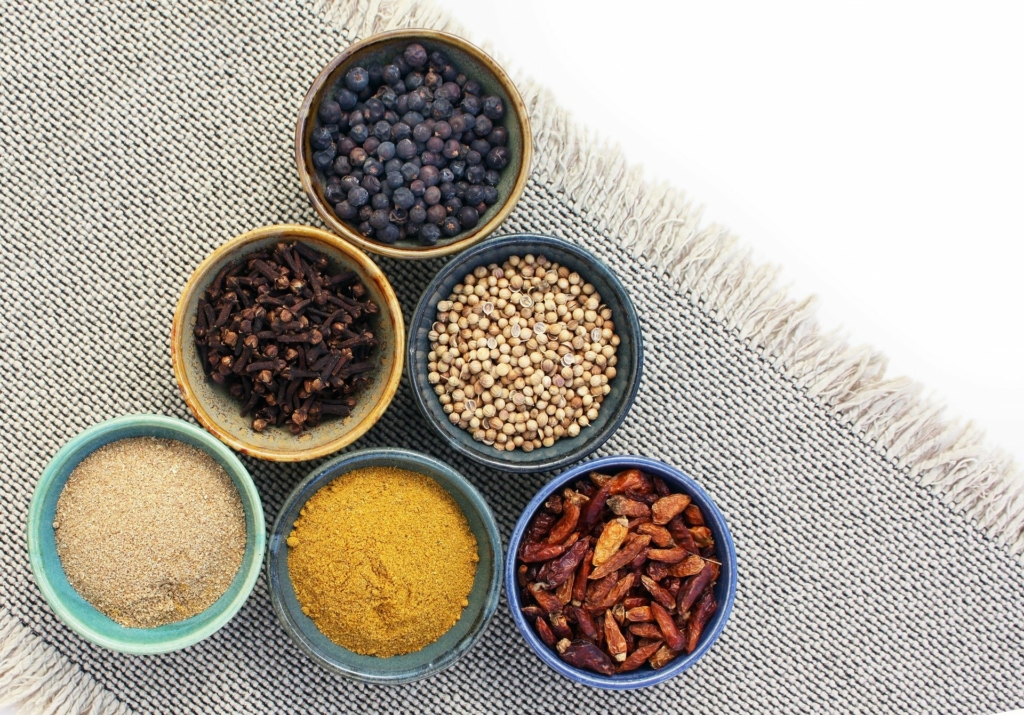
Cloves, being versatile, can also be used in desserts. Looking for some recipes to experiment with cloves in dessert? Then try out these hermit cookie bars, nostalgia in a bite!
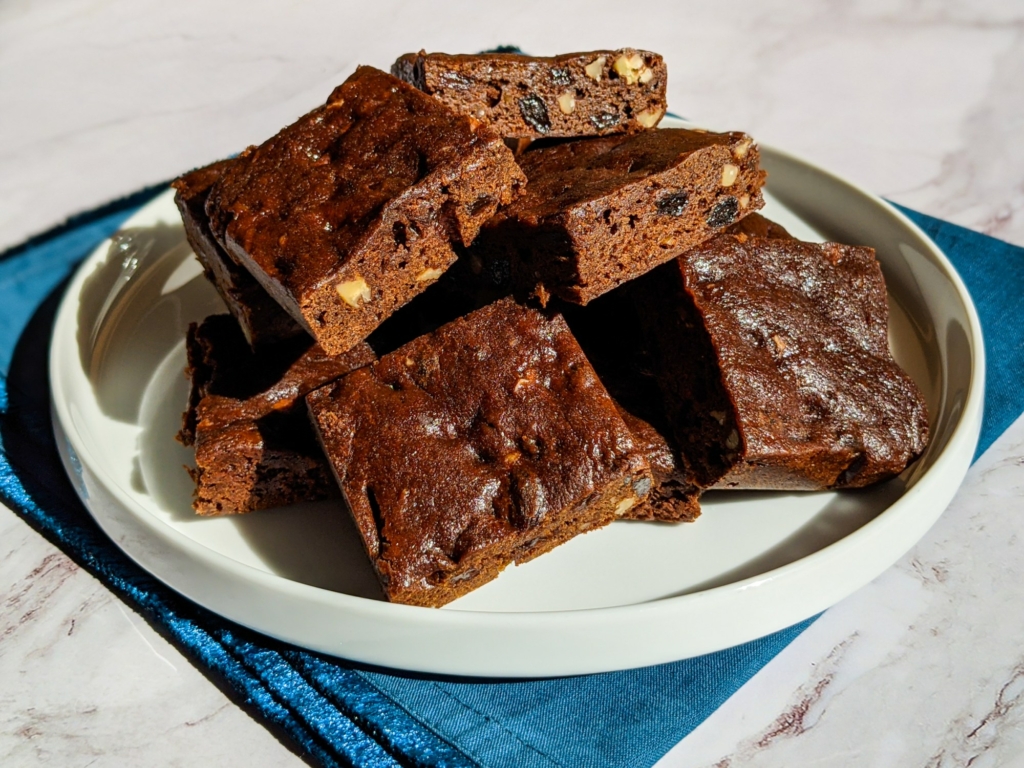
Cloves are also a common element in pumpkin pie spice, which is used in making traditional pumpkin pie and is also used as an ingredient to make the speculoos cookies.
If you are looking for a wholesome dinner dish, check out this recipe for 5-spiced short ribs, which taste delicious with the addition of this great ingredient.
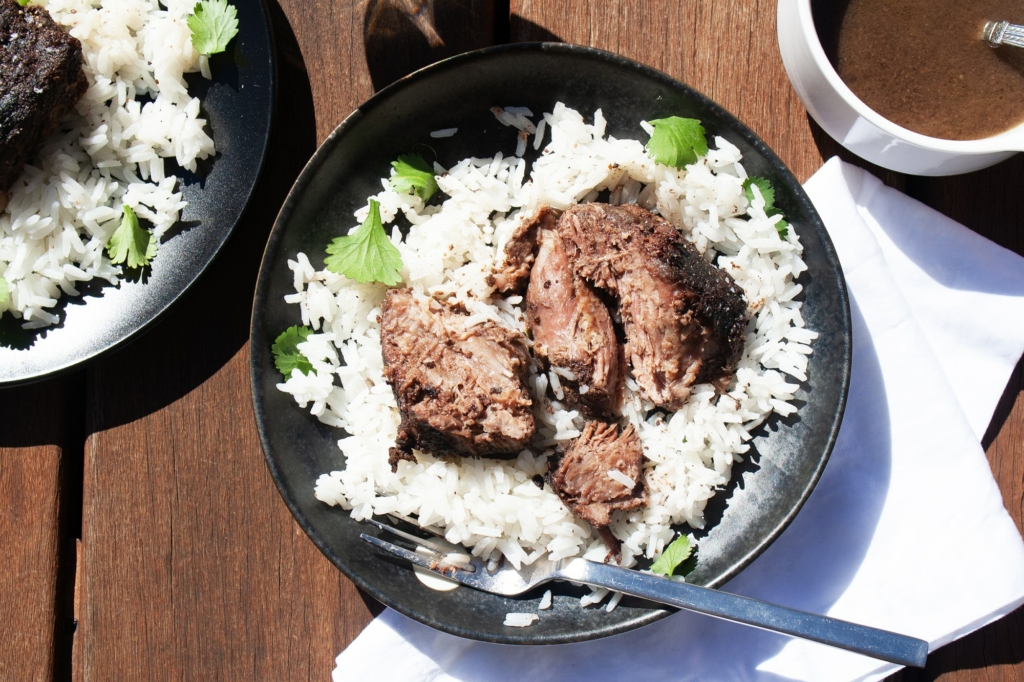
Types of Cloves
There are two types of cloves: whole and ground. Ground is convenient, but loses its flavor quickly. Whole cloves require a sharp grater or grinder, but last longer than ground, dried cloves. Look for both types in your grocery store.
Storage
Whole cloves can stay fresh for years and should be placed in a cool and dry place. Fresh cloves need to be used within 7 days, the taste and aroma won’t disappear but that freshness of the clove will go away. Ground and dried cloves can be used for up to 2-3 years.
